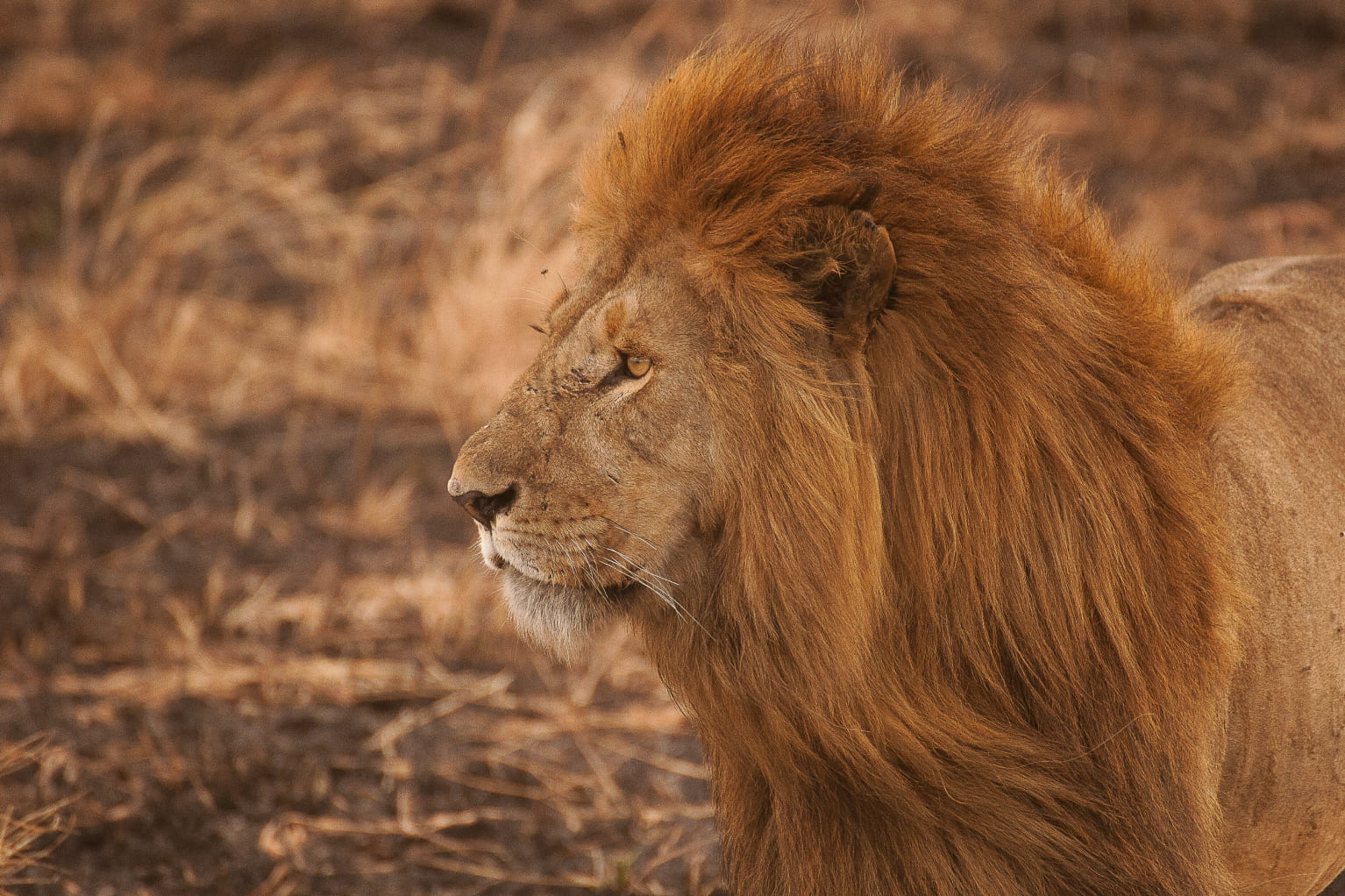Beyond the Exhibit: How Zoos Ensure Animal Welfare and Well-being
Today’s zoos prioritize animal welfare, creating environments that are as close to the animals' natural habitats as possible. Modern zoos have adopted a holistic approach to animal care, focusing on physical health, mental well-being, and enrichment activities that allow animals to exhibit natural behaviors. These improvements in animal welfare reflect a shift from the "display-only" model to a model that values animals as individuals with unique needs.
Creating Naturalistic Habitats
Zoos now design enclosures that closely mimic the animals’ native environments, providing space to roam, climb, swim, and rest. For example, primate habitats are filled with trees, ropes, and other structures that encourage climbing and exploration, while bear enclosures may include ponds for swimming and rocks for sunbathing. These naturalistic habitats are essential for animal well-being, as they allow animals to engage in behaviors that are instinctual and natural.
Enrichment Programs for Mental Stimulation
Enrichment is a core part of modern animal care, as it keeps animals mentally stimulated and engaged. Zookeepers create daily enrichment activities to encourage exploration, problem-solving, and play. For example, they may hide food in puzzle feeders to mimic foraging, or introduce new toys and scents to spark curiosity. Social animals are given opportunities for interaction, while solitary animals are provided with spaces where they can relax and enjoy solitude. Enrichment is tailored to each species, ensuring that every animal has opportunities to express natural behaviors.
Veterinary Care and Preventative Health
Zoos provide high-quality veterinary care to monitor and maintain the health of their animals. Each zoo has a team of veterinarians who conduct regular health checks, administer vaccinations, and develop individualized health plans. Advances in veterinary science allow zoos to provide care that addresses both acute medical needs and long-term well-being. Preventative health measures, such as proper nutrition, regular exercise, and hygiene protocols, are essential to keep animals in the best possible condition.
Modern zoos are committed to providing the best possible care for their animals, ensuring they live healthy, fulfilling lives. By creating naturalistic habitats, offering enrichment programs, and prioritizing veterinary care, zoos have redefined animal welfare standards. These efforts reflect a deep respect for the animals and a commitment to their well-being, making zoos not only places of education and conservation but also sanctuaries where animals can thrive.
